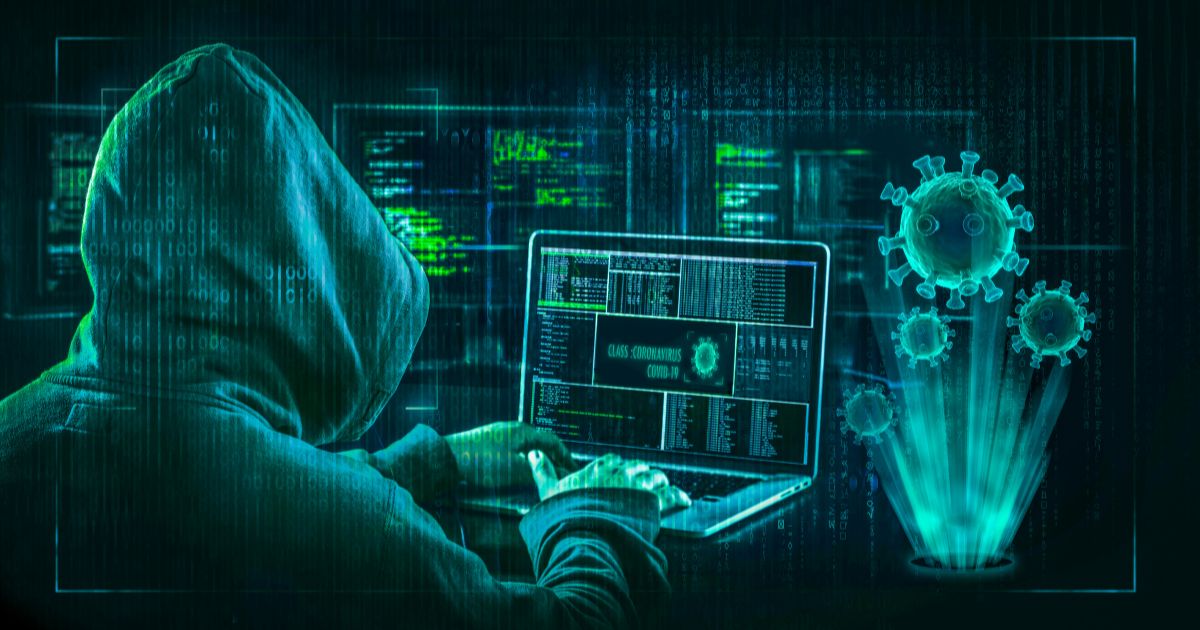The rising number of cyber threats and data breaches has led to an increased demand for effective solutions to protect our sensitive information. One such solution that has gained significant popularity is a Virtual Private Network (VPN) online. In this article, we will explore how a secure VPN online can protect you from hackers and provide you with a safe online browsing experience.
Understanding The Need For Online Security
As we spend more time online, sharing personal and financial information, it becomes essential to understand the need for robust online security measures. Hackers are constantly looking for vulnerabilities to exploit and gain unauthorized access to our devices and data. They can intercept our internet traffic, steal sensitive information like passwords and credit card details, and even monitor our online activities. This is where a secure VPN online comes into play.
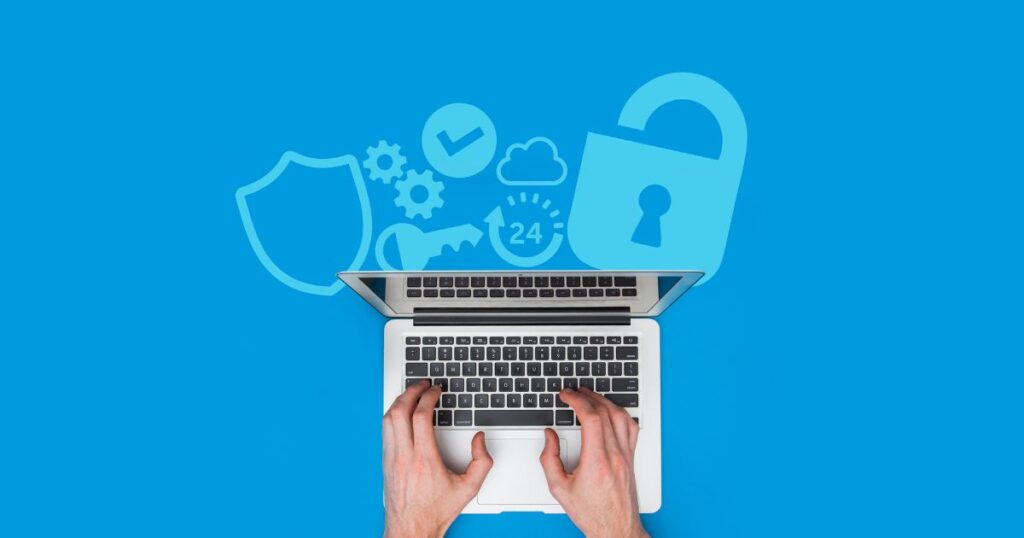
What Is A VPN?
A VPN, or Virtual Private Network, is a technology that creates a secure and encrypted connection between your device and the internet. It acts as a tunnel, routing your internet traffic through an encrypted server, making it virtually impossible for anyone to intercept or decipher your data. By connecting to a VPN server, your IP address is masked, and your online activities become anonymous.
How Does A VPN Work?
When you connect to a VPN server, the VPN client on your device encrypts all the data transmitted between your device and the server. This encrypted data is then sent through the internet, ensuring that even if intercepted, it remains unreadable to hackers. The VPN server acts as an intermediary between your device and the websites or online services you access, making it appear as if you are browsing from a different location.
Benefits Of Using A Secure VPN Online
Using a secure VPN online offers several benefits that enhance your online security and privacy. Let’s explore some of the key advantages:
1. Protecting Your Data From Hackers
By encrypting your internet traffic, a VPN ensures that your sensitive information remains safe from hackers and other malicious entities. Even if they manage to intercept your data, it will be indecipherable without the encryption key, which is known only to your device and the VPN server.
2. Secure Internet Connection On Public Wi-Fi
Public Wi-Fi networks are notorious for their lack of security, making them prime targets for hackers. When connected to a public Wi-Fi hotspot, using a VPN encrypts your data and protects it from being accessed by unauthorized individuals who may be lurking on the same network.
3. Bypassing Geographical Restrictions
Some websites and online services impose geographical restrictions, limiting access based on your location. By connecting to a VPN server in a different region, you can bypass these restrictions and access content that may otherwise be unavailable in your area.
4. Anonymity And Privacy Online
A secure VPN online provides you with a layer of anonymity and privacy while browsing the internet. Your IP address is masked, making it difficult for websites, advertisers, and even your Internet Service Provider (ISP) to track your online activities. This helps protect your privacy and prevents targeted advertising.
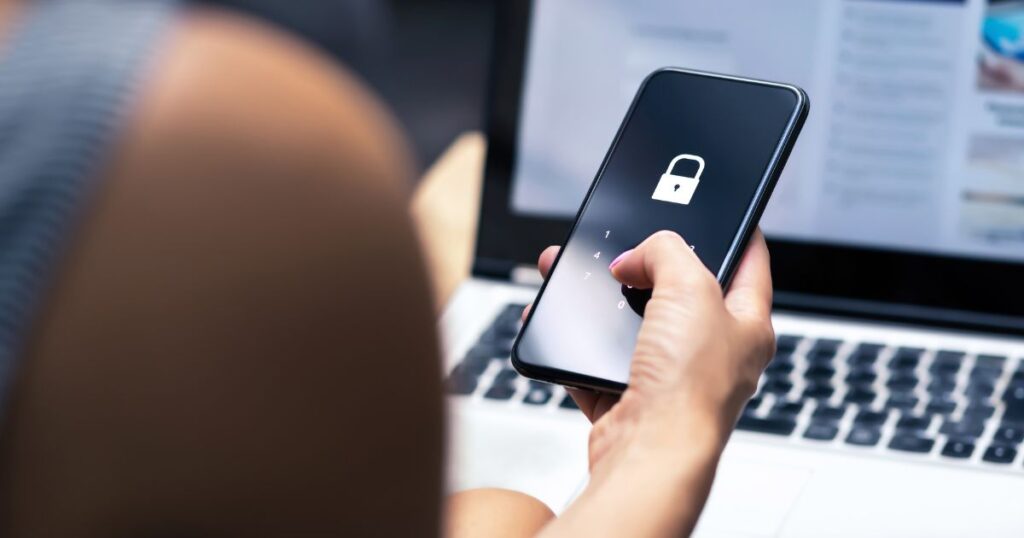
For more trending blogs, visit VPNsreviewed
Features To Look For In VPNs
When choosing a VPN service, it’s essential to consider certain features that ensure optimal security and performance. Here are some key features to look for:
1. Strong Encryption
A reliable VPN should use robust encryption protocols like AES-256, which provides a high level of security for your data.
2. No-Logs Policy
A no-logs policy means that the VPN provider does not keep any records of your online activities, ensuring your privacy is maintained.
3. Multiple Server Locations
Having a wide range of server locations allows you to choose from different countries and access content from various regions.
4. Kill Switch
A kill switch is a critical feature that automatically disconnects your internet if the VPN connection drops, preventing your data from being exposed.
5. Simultaneous Connections
Consider the number of simultaneous connections allowed by the VPN provider. This allows you to protect multiple devices with a single VPN account.
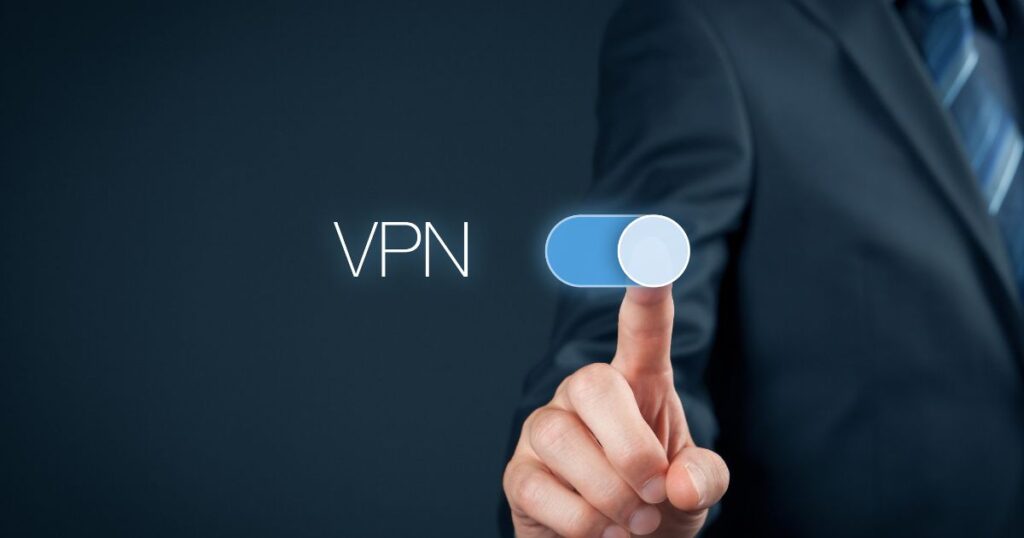
Best VPNs Reviewed
When it comes to choosing the best VPNs, there are several options available in the market. Here are three highly regarded VPN services:
Surfshark VPN
Surfshark VPN offers a reliable and affordable solution with a wide range of features, including strong encryption, a strict no-logs policy, and unlimited simultaneous connections, making it an excellent choice for users looking for privacy and security online.
NordVPN
NordVPN stands out with its extensive network of servers worldwide, providing fast and reliable connections. With top-notch security features like Double VPN and CyberSec, as well as user-friendly applications, NordVPN offers a comprehensive VPN solution for both beginners and advanced users.
Atlas VPN
Atlas VPN offers a free VPN service with limited features, making it a suitable option for casual users who want basic privacy and access to restricted content. While it lacks some advanced features, it provides decent speeds and a straightforward interface, making it a decent choice for budget-conscious users.
How To Choose The Right VPN For You
With the abundance of VPN options, selecting the right one can be overwhelming. Consider the following factors to help you make an informed decision:
Consider Your Security Needs
Evaluate your specific security requirements, such as the need for accessing geo-blocked content, preventing ISP tracking, or securing your data on public Wi-Fi.
Evaluate Pricing And Plans
Compare the pricing and subscription plans offered by different VPN providers. Look for providers that offer flexible plans and value for money.
Check User Reviews And Ratings
Read reviews and testimonials from existing users to gain insight into the reliability and performance of the VPN service you are considering.
Look For Customer Support
Having access to responsive and helpful customer support can greatly enhance your experience with a VPN provider. Check if they offer multiple support channels and timely assistance.
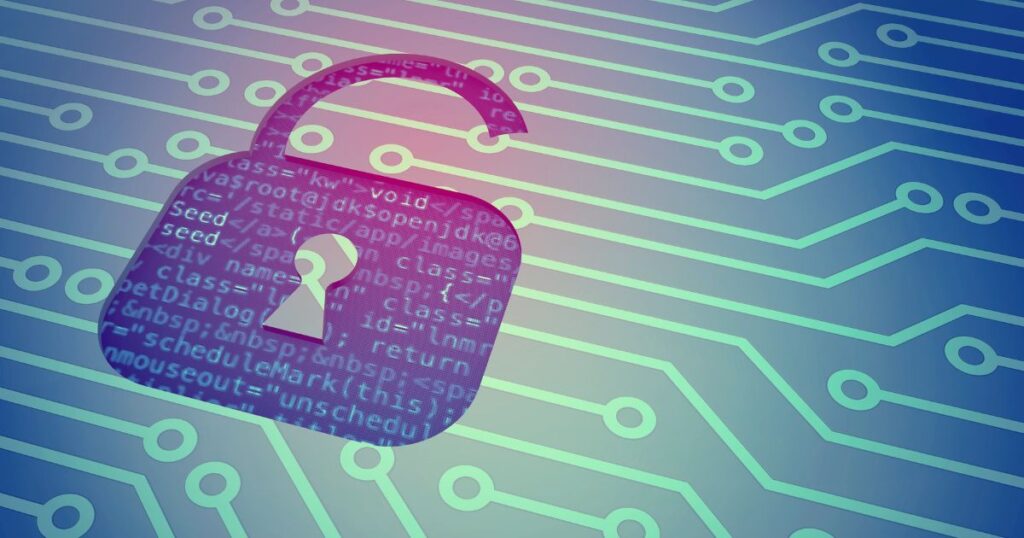
Setting Up And Using A VPN
Setting up and using a VPN is typically a straightforward process. Here’s a general overview of the steps involved:
Downloading And Installing The VPN Software
Visit the VPN provider’s website and download the appropriate software for your device. Follow the installation instructions provided.
Connecting To A VPN Server
Launch the VPN software and log in using your credentials. Choose a server location and initiate the connection. The software will establish a secure connection with the chosen server.
Verifying Your Connection
Once connected, you can verify the VPN connection by visiting a website that displays your IP address. It should reflect the location of the VPN server you connected to.
Common Misconceptions about VPNs
There are a few common misconceptions surrounding VPNs. Let’s address and debunk some of them:
VPNs Slow Down Internet Speed
While using a VPN may slightly reduce your internet speed due to the encryption and routing process, modern VPN services are designed to minimize this impact, and the difference is often negligible.
VPNs Are Only For Tech Experts
Contrary to popular belief, VPNs are user-friendly and can be used by anyone, regardless of technical expertise. Most VPN providers offer intuitive interfaces and easy-to-follow setup guides.
VPNs Are Illegal
Using a VPN is legal in most countries, although some nations may have restrictions on their usage. However, it is essential to use VPNs for legal and legitimate purposes.
Conclusion
In an era where online security and privacy are paramount, a secure VPN online can provide the protection you need. By encrypting your data, masking your IP address, and offering various security features, VPNs ensure a safe and anonymous browsing experience. Remember to choose a reputable VPN provider that meets your specific requirements. Stay safe and enjoy a worry-free online experience with a secure VPN.
Frequently Asked Questions
- Can I use a VPN on my smartphone?
Yes, most VPN providers offer apps for smartphones, allowing you to secure your internet connection on your mobile device as well.
- Will a VPN protect me from all online threats?
While a VPN provides a high level of security, it is not a foolproof solution. It protects your data during transmission, but you should still practice good online habits and use other security measures like antivirus software.
- Are free VPNs as effective as paid ones?
Free VPNs may offer limited features and slower speeds compared to paid VPN services. Additionally, they might collect and sell your data to third parties. It’s generally recommended to opt for a reputable paid VPN for optimal security and performance.
- Can I use a VPN to access region-restricted content?
Yes, by connecting to a VPN server in a specific region, you can bypass geo-restrictions and access content that may be restricted in your location.
- Is it legal to use a VPN?
Using a VPN is legal in most countries, but it’s important to use VPNs for legal and legitimate purposes.
For more information, click here VPNsreviewed

